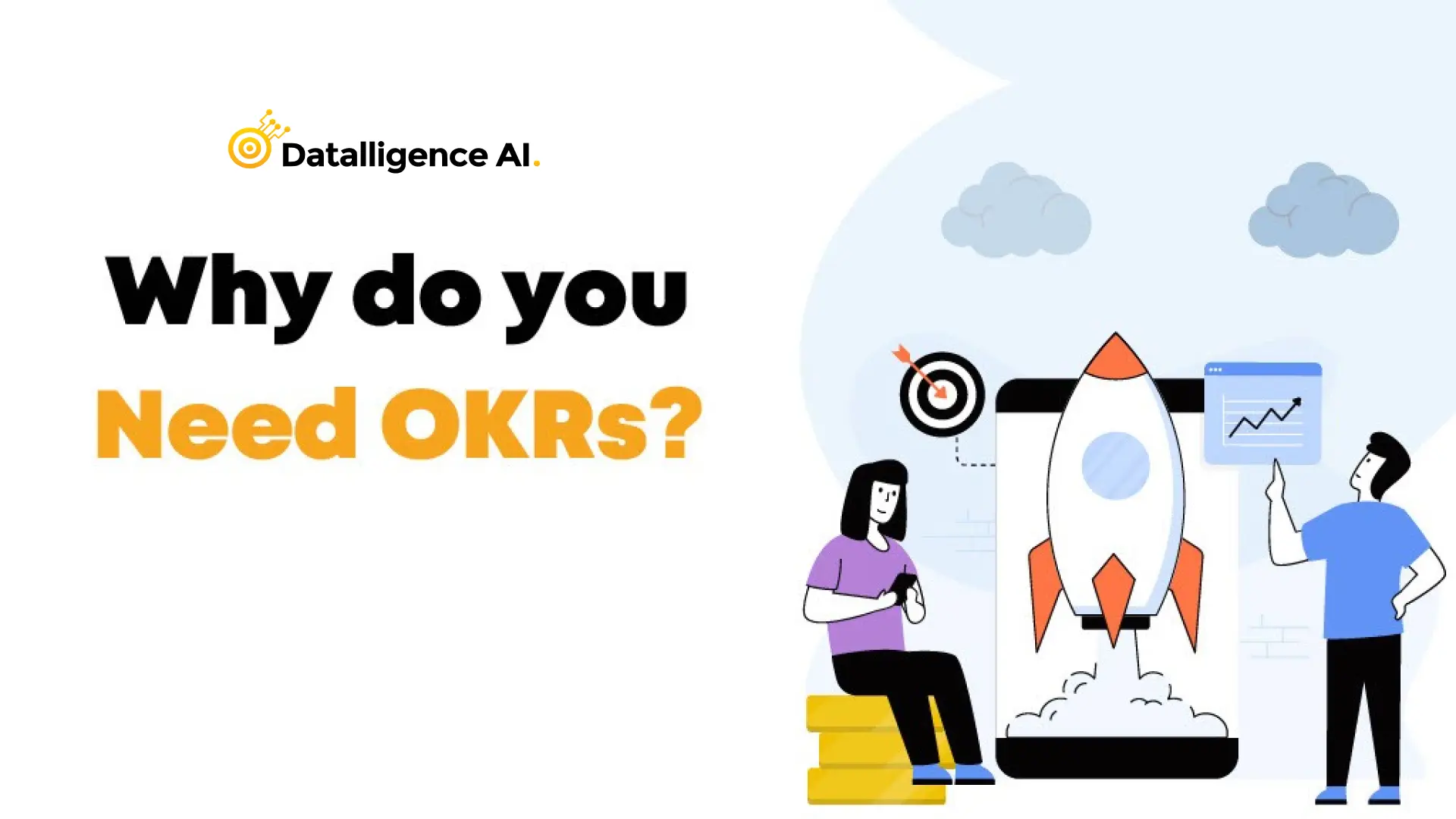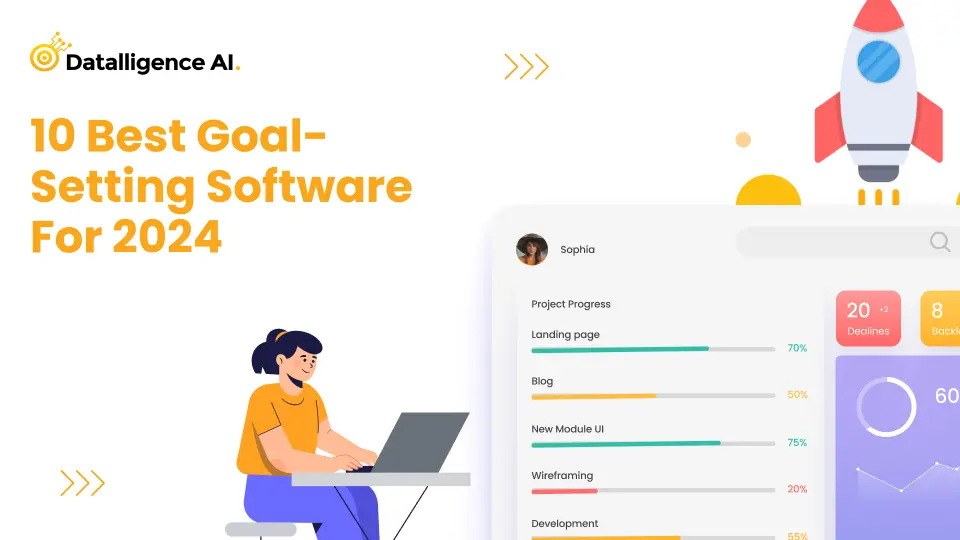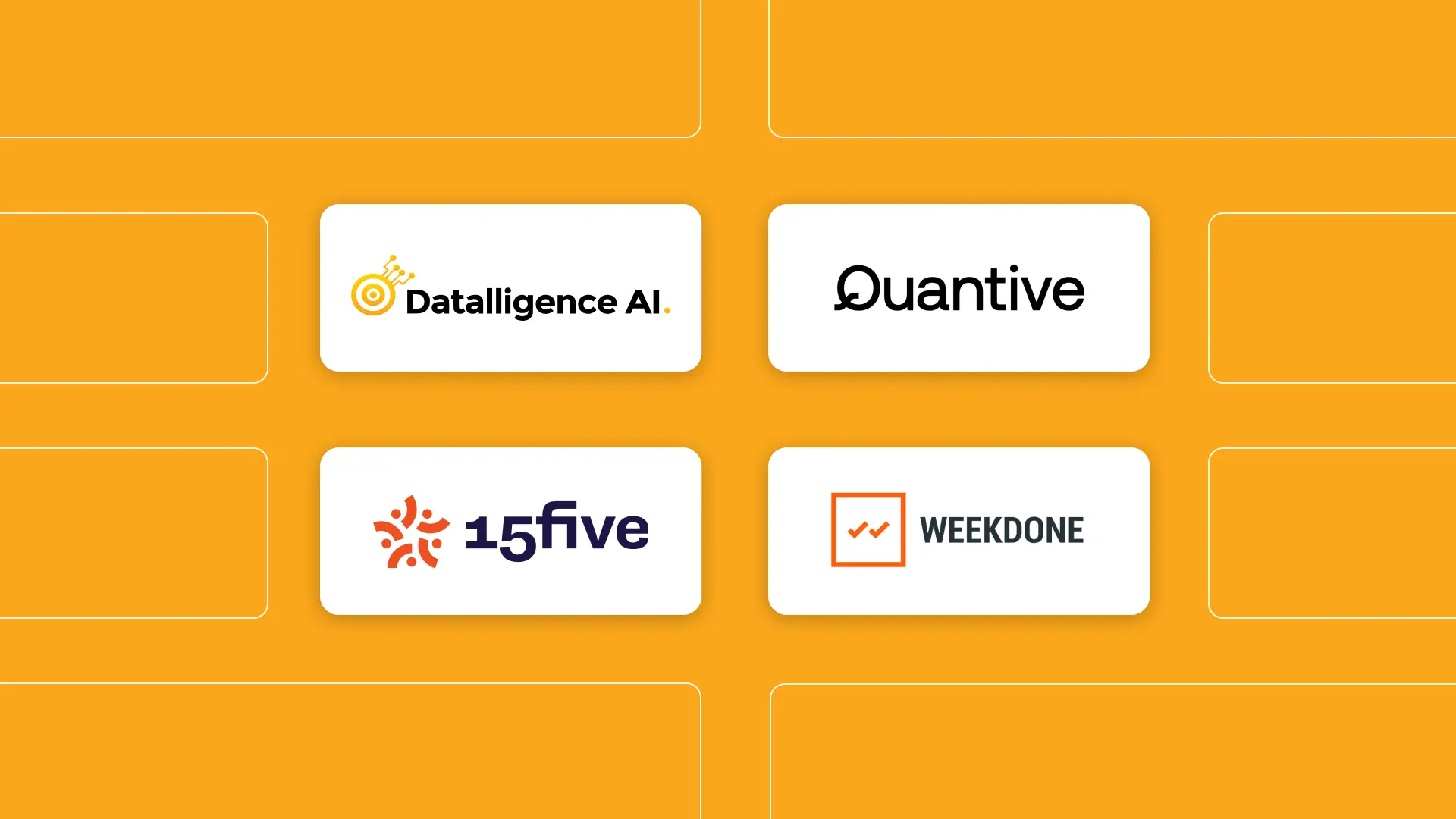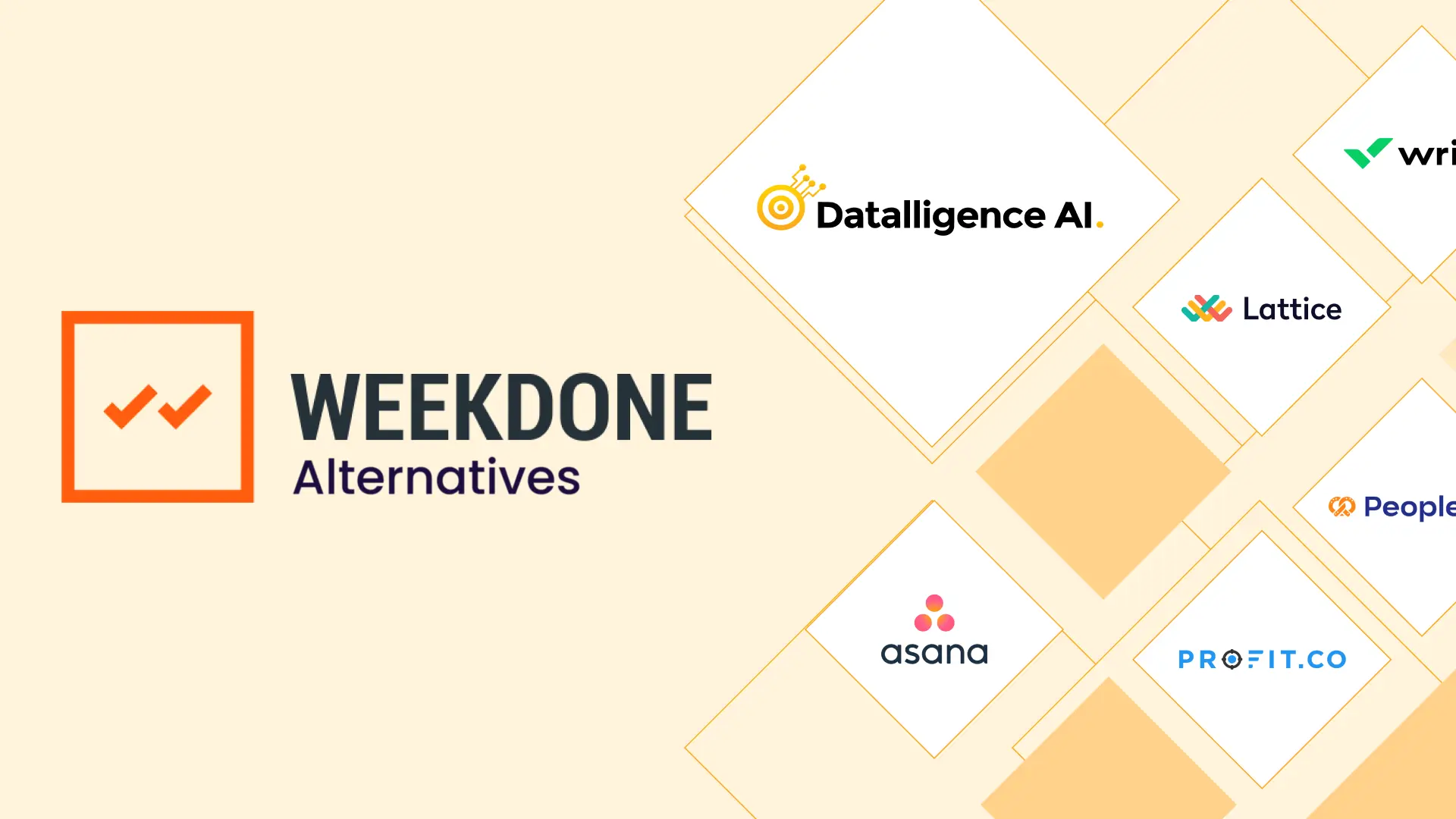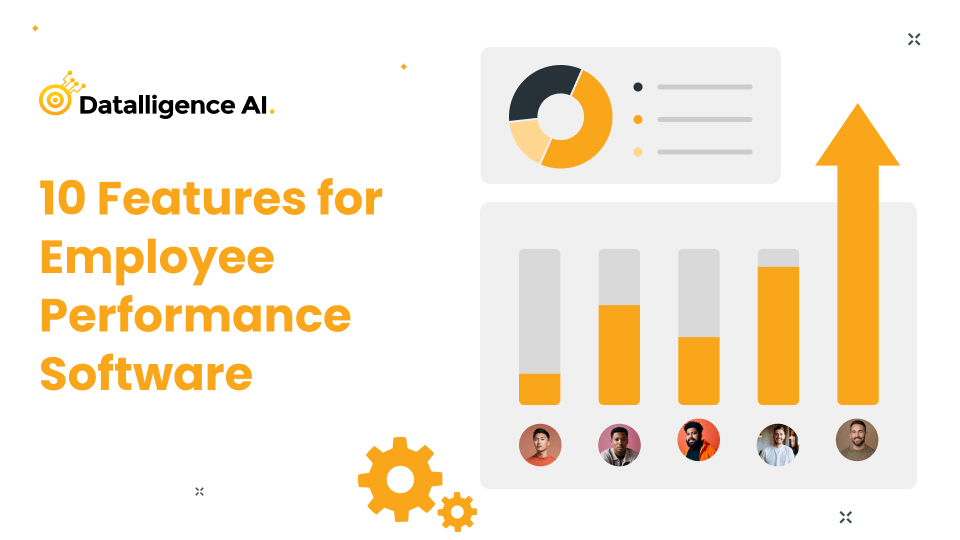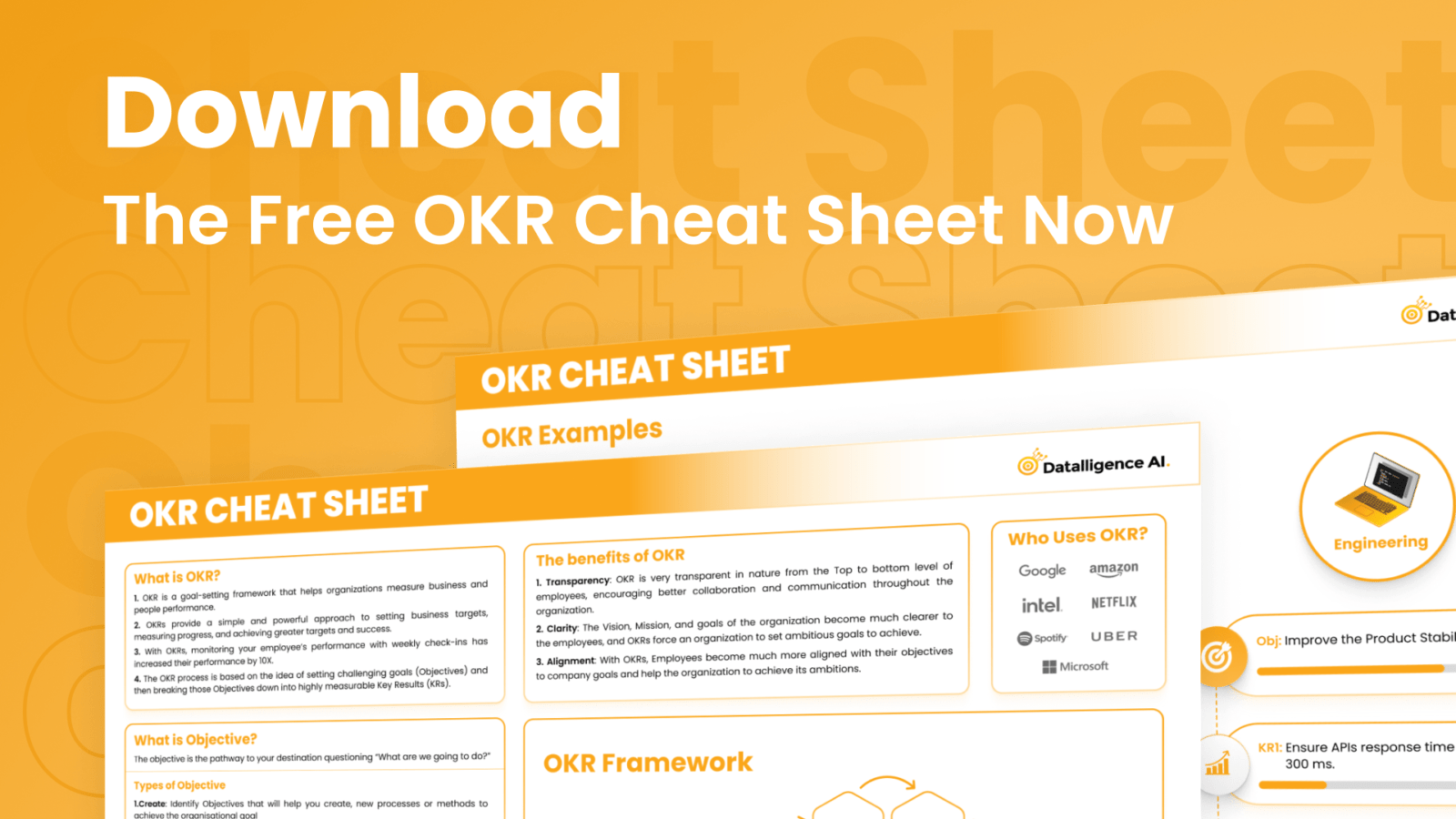Why do you need OKRs?
We all have great goals and we dream and work towards achieving that goal. But, the crude fact is that we fail miserably in achieving those goals.
80% of Organisations fail in the strategy execution. Not only organizational goals the same applies to teams and individuals as well. We lose focus in getting derailed from our targets. While we have a big dream it is essential that you take small and simple steps with directions to achieve the dream
There is a gap between what we wanted to achieve and what we have achieved. We can set an objective for our “what” and Key Results for how we reach the goal. That’s where the goalsetting framework OKR comes into the picture. OKRs drive organizational, team, and individual performance.
We can understand more about why OKRs are needed and how they have helped other organizations to be successful.
Organizations are like a rowboat, a rowboat’s purpose is the movement, and an organization also has to travel somewhere. Rowboats have a “Rudder”, a flat piece hinged in the stem of the boat for steering; the Rudder is equivalent to the goals of your organization as it plans your direction. At the same time, rowboats’ important instrument for their movement is “Oars”, a pole with a flat blade to row the boat, which is equivalent to tasks and strategies that you use to help progression towards your goal/destination. If an organization has been convoluted by a goal or if the goals are not aligned, then you can find your boat going in circles. So, the OKR framework is nothing but a goal-setting framework for organizations to enable their desired movement.
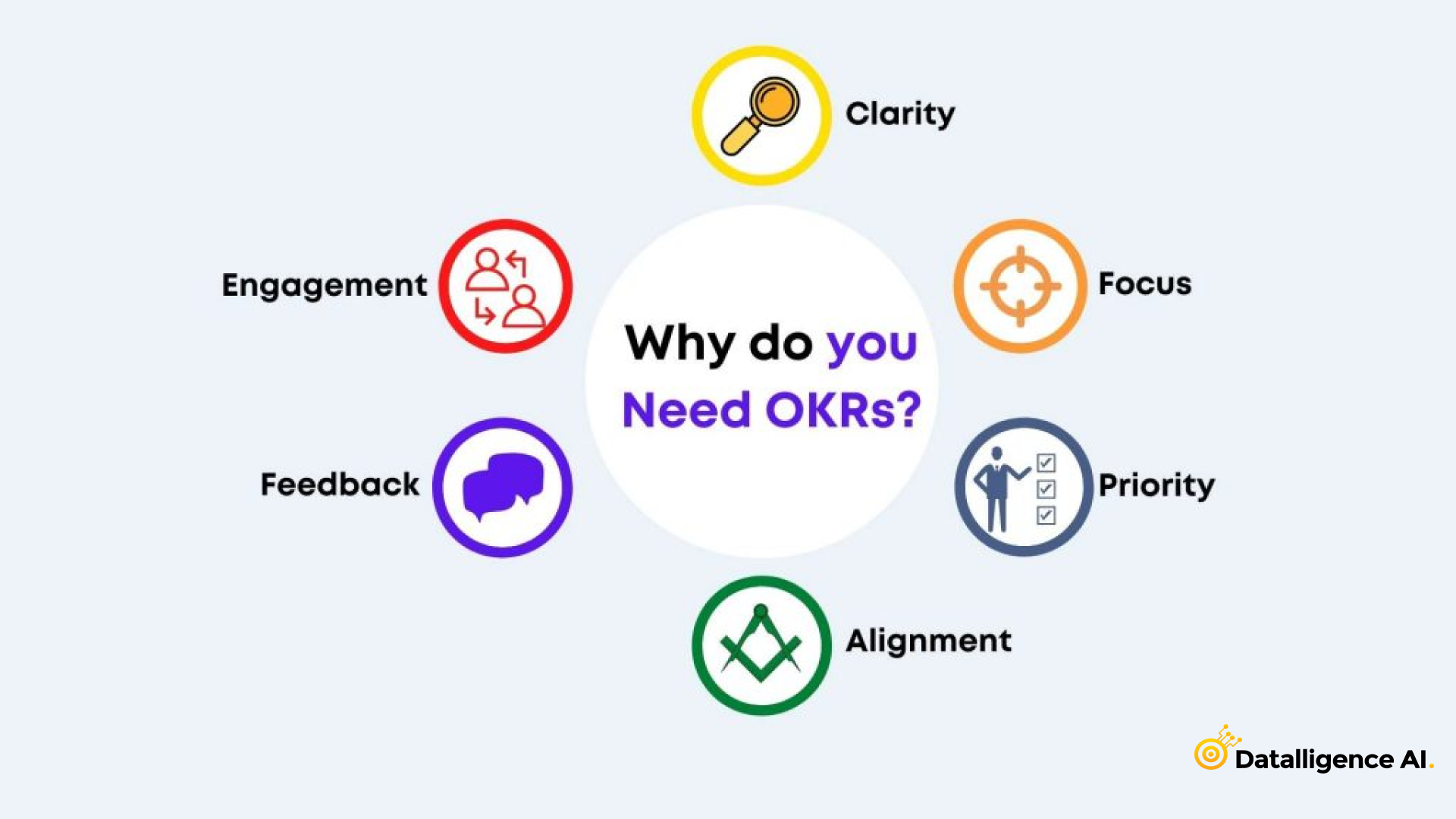
What are OKRs
OKR stands for “Objective Key Results” and, as mentioned by What Matters, OKRs enable you to track progress, create alignment, focus, and employee engagement. OKRs can be used in any scenario as they are industry agnostic. Personal OKRs keep individuals to stay focused and track their progress. They allow people to
- Have a stretch goal and push to achieve new limits
- Measures and tracks progress constantly
- Allows to learn and upskill.
OKRs are extremely agile and are unique from other goal-setting frameworks. It motivates people to have moon-shot goals that enable allows you to work fearlessly.
How to write OKRs
To adapt to the practice of OKR it is essential to start focused and stay focused. It is ideal to create not more than 3 to 5 high-level objectives, that followed by a maximum of 5 Key Results. Also, as a best practice, we should not convert the tasks as OKRs. For Example,
Objective 1 – Bringing new leads to the website
Key result 1: Increase the monthly visitors to the website from 12,000 to 20,000
Key result 2: Decrease home page bounce rate from 65% to 40%
Key result 3: Increase direct response score from 45 to 70.
Here are a few tangible values that OKRs bring to an organisation OKRs drive:
Clarity
Having a goal that is clear will get the awareness of the path your boat needs to take to achieve your goals. An unclear can lead you nowhere but fumbling around, hitting roadblock after roadblock. Clarity of your goals is a sure thing that OKR software equips you with. Your organization will have a well-defined Objective/goal with OKRs and also well-defined Key Results to measure Key Results.
Aspirational goals
A goal set should be challenging enough to retain motivation to pursue it, but at the same time, it shouldn’t be too challenging. When it is too challenging, the opposite happens. This is the other guideline of the OKR framework; while setting goals, the goal needs to be challenging enough.
Commitment
It is simply the degree to which a person is attached to the objective. In the Objective and Key Results methodology, leaders are encouraged to increase employee involvement and align the company goal with the individual to ensure commitment.
Feedback
This was cited in the research as one of the most important principles and also one which is often ignored in the goal-setting process, which is also whyOKRs are above the rest of the goal-setting systems. An OKR software will allow frequent review of the progress to avoid digression, and the OKR review process will also help you in understanding what is working and what is not.
Simplicity
When a challenging goal is set, the progression would be made up of complex tasks. This, again, will make or break the person pursuing the goal. Thus, the OKRs guideline also advises breaking the complex task into simpler tasks that can be completed with available resources in your organizations.
To Wrap it Up
Why does your organization need OKRs? Because it is effective because it is a research-based, quantifiable goal-setting methodology that will help in the development of your organization. Its efficiency can be observed by how well it integrates the key principle involved in the successful goal-setting process. If you are looking for dedicated OKR software to evolve your organization to the next level, try Datalligence OKR.

